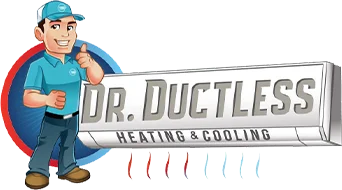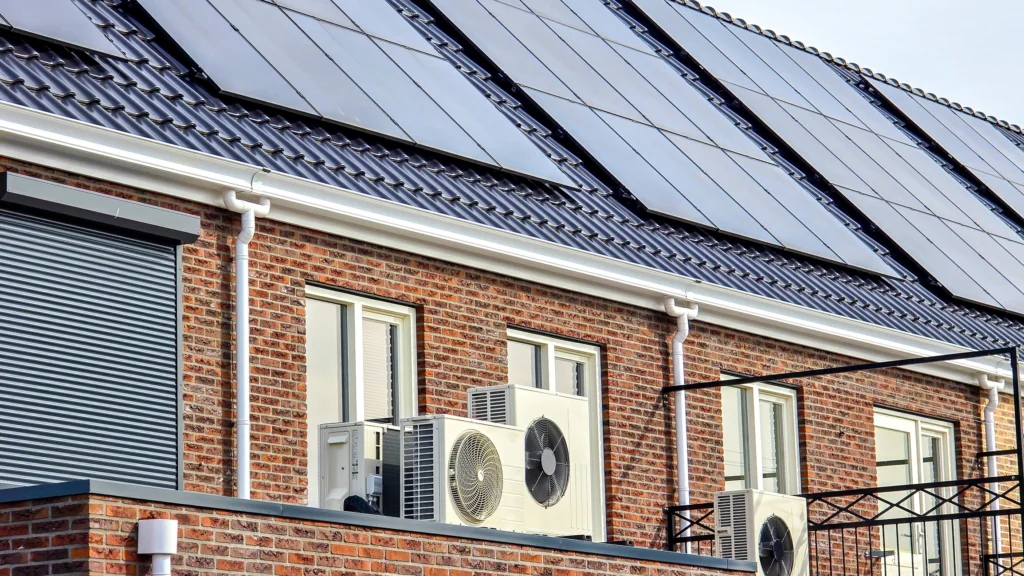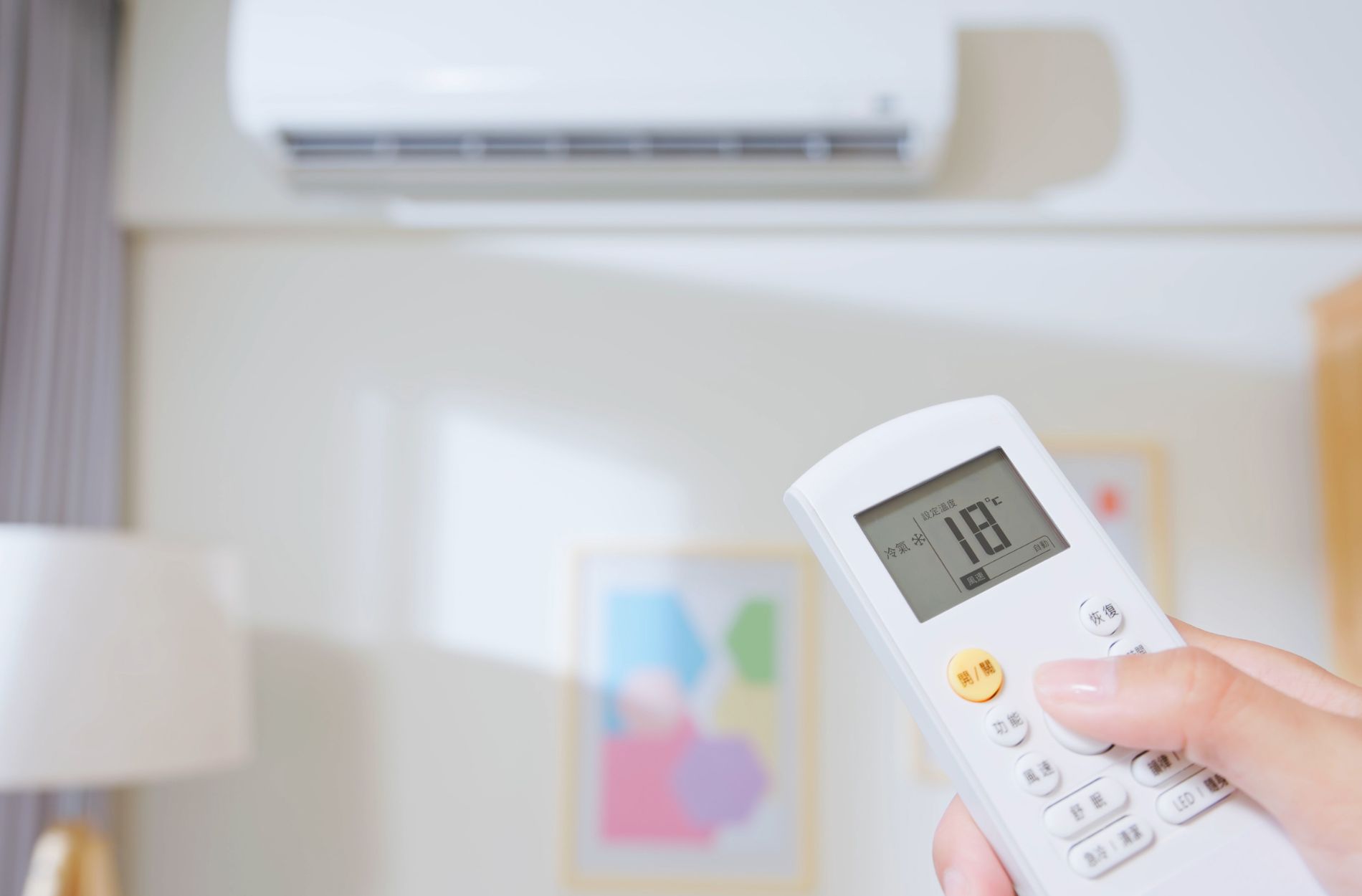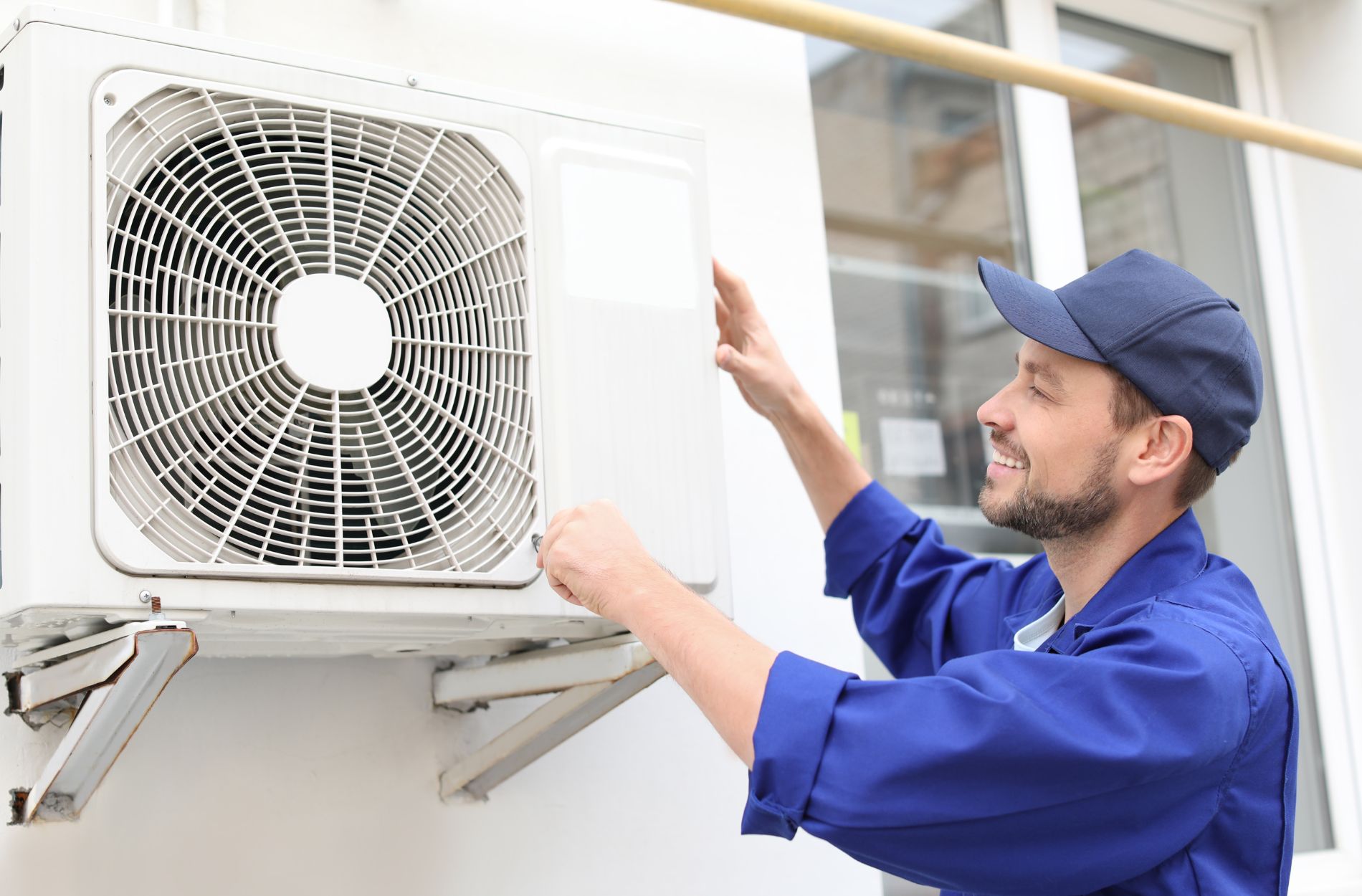In the face of power outages, many homeowners wonder if their solar power system can step in to run essential appliances, like a heat pump system. Heat pumps are vital for maintaining comfort during extreme weather, but during outages, their operation depends on the energy source. Below, we explore whether your solar power system can reliably support your heat pump during a power outage and what considerations are involved.
How Solar Power Works During a Power Outage
Solar panels generate electricity during the day by capturing sunlight and converting it into usable power. However, most traditional solar power systems are connected to the electric grid. This connection is designed for safety, ensuring that your system shuts down during an outage to prevent back-feeding electricity into the grid, which could harm utility workers.
To use solar energy during an outage, your system needs to have an additional component: a solar battery backup or generator. Without this backup, your solar panels alone cannot power your heat pump system when the grid goes down.
Key Components for Solar-Powered Heat Pump Operation During Outages:
- Solar Panels: Capture and generate energy.
- Inverter: Converts solar power from direct current (DC) to alternating current (AC) to run household appliances.
- Battery Backup: Stores excess solar energy for use during non-sunlight hours or outages.
- Automatic Transfer Switch: Seamlessly switches your home to the battery during an outage.
Can a Heat Pump Run Solely on Solar Power?
Yes, a heat pump system can run on solar power during a power outage, but it depends on your solar setup. Heat pumps, which provide both heating and cooling, require a significant amount of energy, especially during extreme weather conditions. This makes battery capacity and the size of your solar system crucial factors.
Things to Consider:
- Battery Capacity
A solar battery must have enough storage to power your heat pump for the duration of the outage. The battery’s size is measured in kilowatt-hours (kWh), and heat pumps typically require around 3-5 kWh per hour, depending on the system’s size and efficiency. - System Size
The number of solar panels and their efficiency directly impact how much energy can be generated and stored. Larger systems are more likely to support energy-intensive devices like heat pumps. - Usage Prioritization
During an outage, prioritize essential appliances to ensure your battery doesn’t deplete quickly. Running other high-energy devices alongside the heat pump might not be feasible unless you have a high-capacity battery.
Benefits of Pairing Solar with a Heat Pump System
When equipped with a battery backup, solar-powered heat pumps offer several advantages, particularly during outages:
- Energy Independence: Reduce reliance on the grid by generating and storing your energy.
- Cost Savings: Solar systems lower electricity bills, and having a backup battery can save you from additional expenses during outages.
- Environmental Impact: Heat pumps powered by solar energy are one of the most eco-friendly heating and cooling solutions.
If you’re considering upgrading your solar system to include a battery backup or want to explore heat pump solutions, check out our heating services in Los Angeles, CA.
Steps to Prepare Your Home for Outages
If you’re looking to ensure your heat pump runs smoothly during outages, follow these steps:
- Evaluate Your Solar System
Have a professional assess whether your current solar setup can handle a heat pump’s energy needs. - Invest in a Battery Backup
Choose a battery with enough capacity to support your household’s essential energy demands, including the heat pump. - Install an Automatic Transfer Switch
This device ensures your system automatically switches to the battery during outages, eliminating manual intervention. - Regular Maintenance
Keep your heat pump and solar system in peak condition to avoid inefficiencies.
If you have questions or need assistance, reach out to us through our contact page for expert guidance on solar-powered heating and cooling solutions.
Final Thoughts
With the right components, a solar power system can keep your heat pump running during a power outage. By pairing your solar panels with a reliable battery backup and ensuring proper system sizing, you can maintain comfort and safety in your home even when the grid goes down. Whether you’re planning to install a new solar system or optimize your current setup, our team at Dr. Ductless is here to help you every step of the way.
For more information, explore our heating services in Los Angeles, CA or contact us today.










